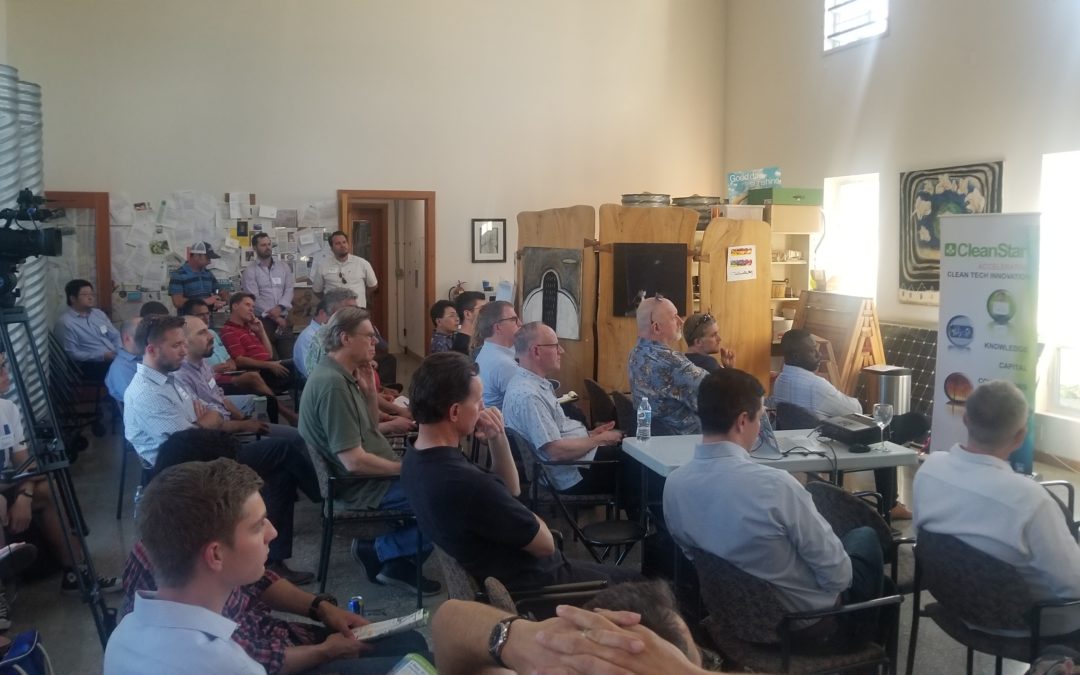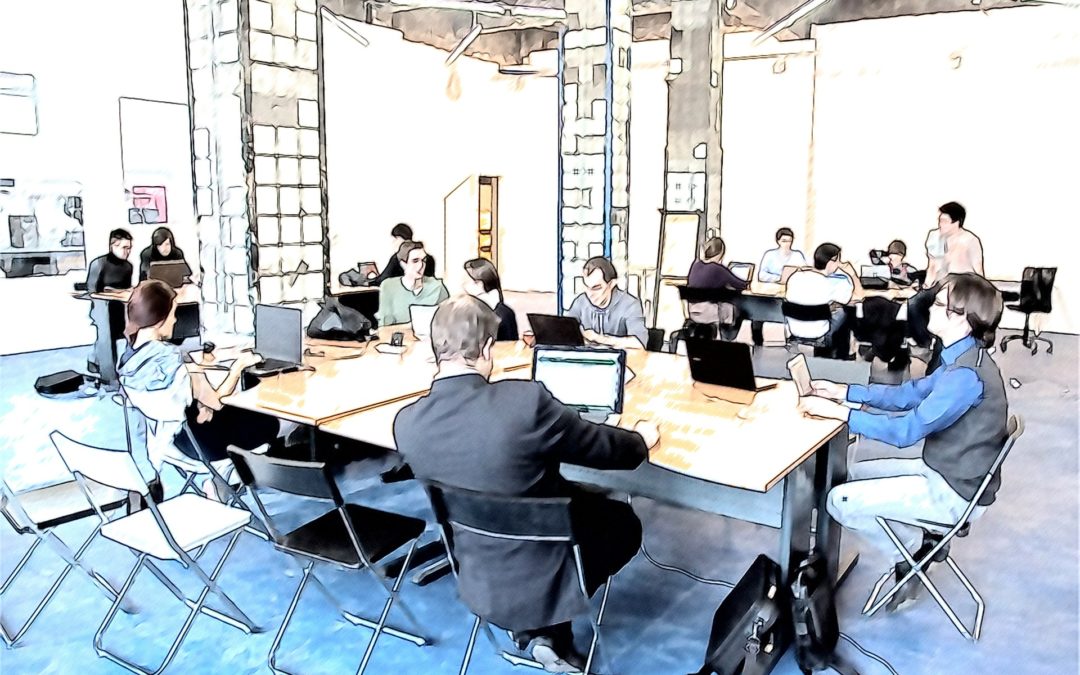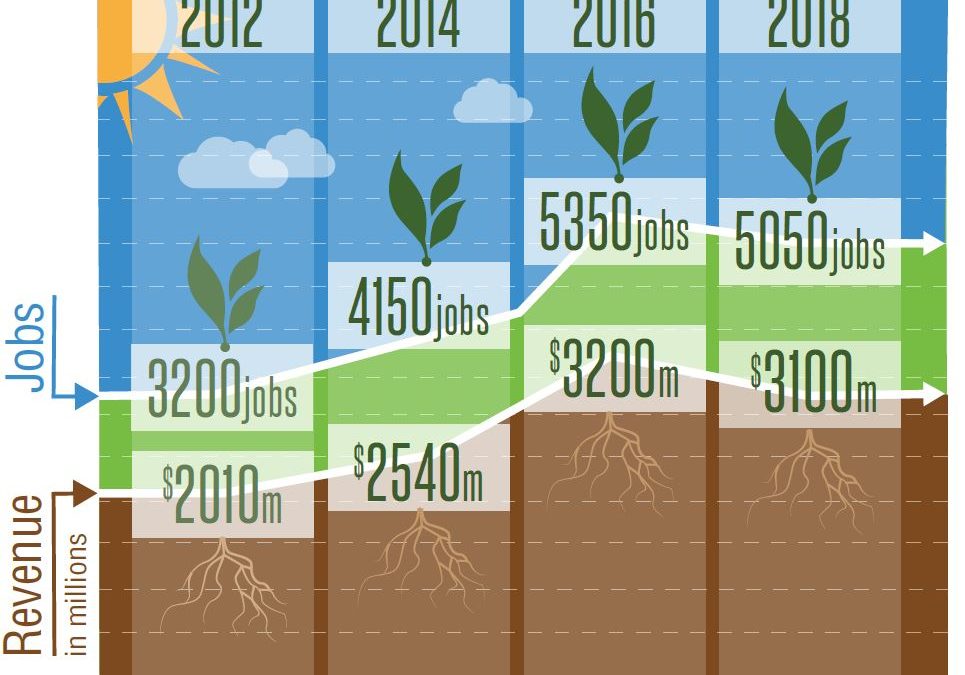
Sage advice to Startups at Davis Meet Up
At the most well-attended MeetUp yet, the audience heard from the leaders of three companies—two seasoned veterans and one newcomer that had decades of research experience. The focus was not so much on the technology but on the journeys each had taken in their careers—and the lessons they learned. Don’t miss watching the videos of each of the presentations from this evening, especially Chris Soderquist’s ten “rules” for success as an entrepreneur. After decades of entrepreneurship, he provided a perspective on why bigger is not always better, and why being “hyperlocal” in focus is not such a bad idea. The crowd was mesmerized.
Danny Lee of Blue Oak Energy talked about the evolution of his company and the importance of culture in its success. He was candid about some of the missteps the company had taken and what the consequences were. It was especially interesting to hear his perspective what the downsides of growing too fast were.
Engineering Professor Jae Wan Park talked about moving his clever ideas on re-using lithium ion batteries from electric cars in stationary storage devices and the challenges that had to be overcome. He also talked about the importance of the choice of a name in their success to date. And that success included winning UC Berkeley’s “Big Ideas” competition in the energy category this week, besting over 300 competitors.
The crowd was very impressed with how good this MeetUp was—the networking, the talks, and even the food. We definitely will be coming back to Davis for more of these.
Our next MeetUp is set for May 30 to talk about mobility, and we will return to Sacramento for that. Be on the lookout for our announcement of the details.
And also take the opportunity to gaze into the future and find out what kinds of product and service opportunities may emerge as the whole utility business transforms in the coming years. Join us for a roundtable discussion the morning of May 7 in downtown Sacramento.

ABOUT THE AUTHOR
Gary Simon is the Chair of CleanStarts Board. A seasoned energy executive and entrepreneur with 45 years of experience in business, government, and non-profits.




